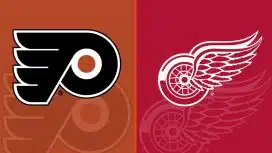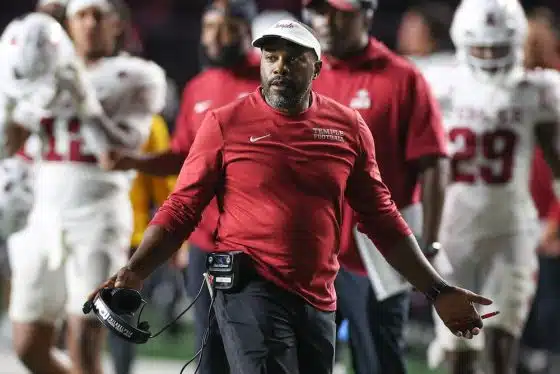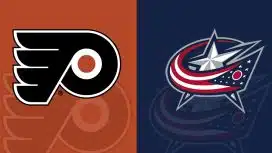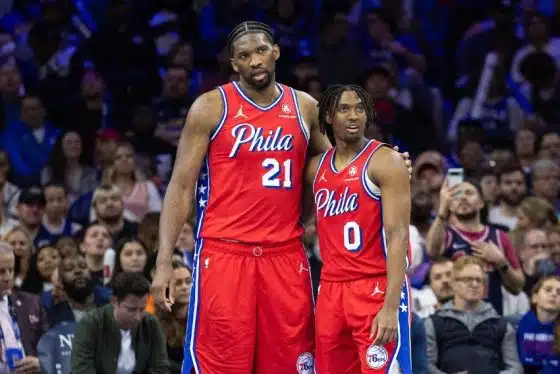Phillies
Top 25 Phillies of All-Time: No. 9 – Chuck Klein
By: Nick Mandarano, Sports Talk Philly Staff
There have been seven players to have had their number retired with the Phillies: Richie Ashburn, Jim Bunning, Mike Schmidt, Steve Carlton, Robin Roberts, Grover Cleveland Alexander and Chuck Klein. These players are all also members of the Baseball Hall of Fame, including Klein who was known as the Babe Ruth of the National League during his playing days.
“One of the reasons I’ve been able to play baseball well is because it’s fun for me,” Klein said. “Many players find it work.”
Despite his rapid rise to stardom and consistent comparisons to Babe Ruth, Klein remained humble throughout his career. Despite his .356, 43-homerun explosion of a season in 1929, Klein signed with the Phillies for just $15,000 in 1930. Ruth, his American League counterpart, was making $80,000 at the time.
“I find it very difficult to realize that I, Chuck Klein, the chap who was working in a steel mill three years ago, am the same fellow who led the National League in home runs this season. Isn’t that a laugh?”
Career Accomplishments
- Won 1933 Triple Crown (.368, 28 HR, 120 RBI)
- 1932 MVP
- Led MLB in HR four times, including a then National League record 43 in 1929
- Holds the modern Major League record with 44 outfield assists, set in 1930
- Inducted into the Hall of Fame by the Veteran's Committee in 1980
Most Memorable Moment
In the early 1930's the Phillies were struggling on the field and in the front office. The Great Depression hit Philadelphia hard and the Phillies saw their attendance get nearly cut in half from 1930 to 1933. Team owner Gerald Nugent was left with no choice but to deal Klein in order to save team finances. In November of 1933, Klein was traded to the Chicago Cubs for Harvey Hendrick, Ted Kleinhans, Mark Koenig and $65,000.
Klein didn't find quite the same success in Chicago as he did in Philadelphia, so the Cubs decided to flip him back to the Phillies in May of 1936. In his first game back with the Phillies, he became the first National League player to hit four home runs in one game in the modern era.
Reasons for Ranking Placement
Klein posted a 2+ WAR in seven seasons in Philadelphia and in four of those seasons he compiled a 5+ WAR. These accomplishments give Klein with 19 points alone. Additionally, Klein ranks seventh in franchise batting average (.326), first in OPS, seventh in hits, seventh in doubles, eleventh in triples, fifth in homeruns and fifth in RBI. These rankings added 21 points to Klein's total, while his 15 years spent as a Phillie added another five points to his total.
Overall, per our formula, Klein totaled 45 points.
Formula Explanation
The player rankings formula combines both traditional and advanced statistics/metrics and assigns a point total to each category. These statistics only reflect the player's Phillies career.
Previous Entries
- No. 25, Garry Maddox
- No. 24, Roy Thomas
- No. 23, Gavvy Cravath
- No. 22, Chris Short
- No. 21, Cy Williams
- No. 20, Curt Schilling
- N0. 19, Cole Hamels
- No. 18, Ryan Howard
- No. 17, Sam Thompson
- No. 16, Del Ennis
- No. 15, Johnny Callison
- No. 14, Jim Bunning
- No. 13, Dick Allen
- No. 12, Billy Hamilton
- No. 11, Sherry Magee
- No. 10, Bobby Abreu












































